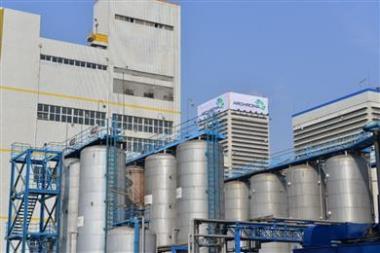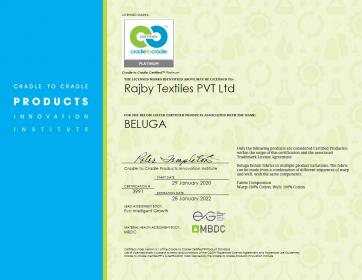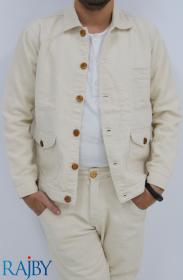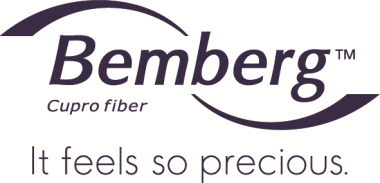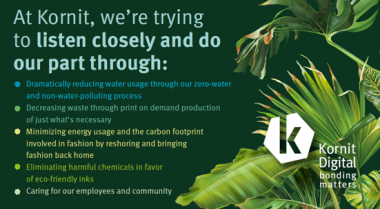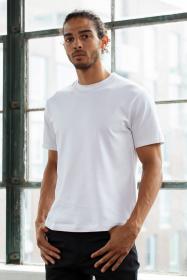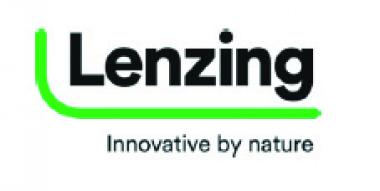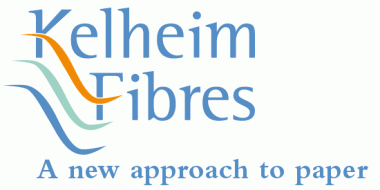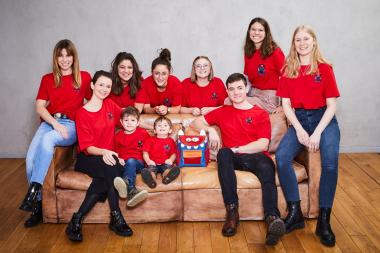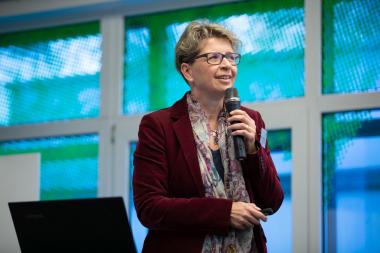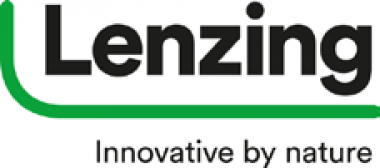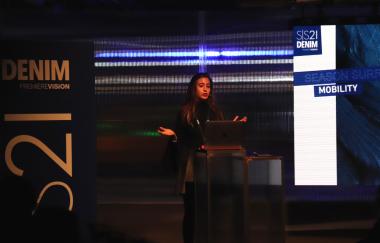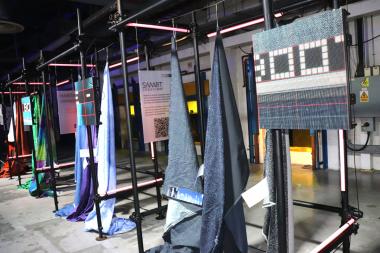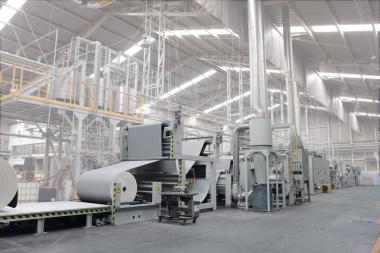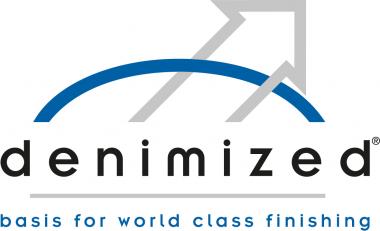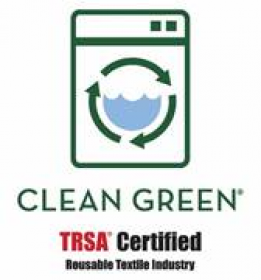ARCHROMA TIANJIN NAMED ‘GREEN FACTORY’ BY TIANJIN AUTHORITIES
Archroma, a global leader in color and specialty chemicals towards sustainable solutions, today announced that its affiliate in Tianjin, China, has been named ‘Green Factory’ by the Tianjin authorities. The nomination was granted as of January 1st, 2020, following an evaluation process conducted under the authority of the Tianjin Bureau of Industry and Information Technology, which selected 56 other companies only to receive that same distinction.
The ‘Green Factory’ list comprises companies comprehensively evaluated and scored against 92 indicators, in areas such as site intensification, production cleanliness, energy consumption efficiency, raw material recycling, environmental impact, product ecological profile, and carbon footprint. The initiative takes place in the wider framework of fostering ‘Green manufacturing’, one of the nine strategic objectives defined by the Chinese Authorities under the ‘Made in China 2025’ plan, which led to the Industrial Green Development Plan published by The Ministry of Industry And Information Technology in 2016.
The production site in Tianjin is fully integrated into the Archroma Management System and was externally certified to ISO 9001. In the preparational system upgrade, additional external certifications to ISO 14001, ISO 50001 and OHSAS 18001 were completed in November 2019. Commitments to the United Nations Global Compact and Responsible Care® are complementing the local framework.
EMG for Archroma


